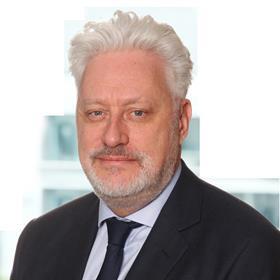The Supreme Court judgment in the case of DB Symmetry vs Swindon Borough Council [2022] concerns the question of whether a council can use a planning condition to lawfully require a landowner to dedicate land as a public highway and avoid the payment of compensation for the private rights.

Large development schemes often rely on a big vision, and it is common for councils to formulate policies that insist on a comprehensive, single-scheme solution. This can then translate into an expectation that unfettered access will be secured between neighbouring landowners/developers, without regard to land rights and value.
Swindon took this approach in promotion of its 8,000 homes scheme at New Eastern Villages. Planning permission was granted and the offending condition required the proposed access roads “shall be constructed to ensure that each unit is served by fully functional highway”. Swindon argued that the condition was effective in requiring the dedication of all roads as public highways.
The Supreme Court disagreed and confirmed that “the condition does not purport to require the dedication” and, more importantly, even if it had, “it would have been ultra vires”. It did, however, make clear that the council “could have done so by means of a Section 106 agreement, but for reasons unknown it did not do so”.
It is important to note that the court was concerned only with the terms of the condition and was not presented with any meaningful arguments as to the use of other mechanisms to secure such dedication.
However, those Section 106 discussions will usually fail the tests of reasonableness, as they often involve a request to give up significant property rights for the greater good, particularly when someone else will substantially benefit and where there are better available mechanisms to deliver comprehensive development.
Those mechanisms can be found in purposeful Section 106 drafting and the use of compulsory purchase order powers, but it is worth remembering that neither will provide something for nothing.
Stuart Andrews is product group head at law firm Eversheds Sutherland






























No comments yet